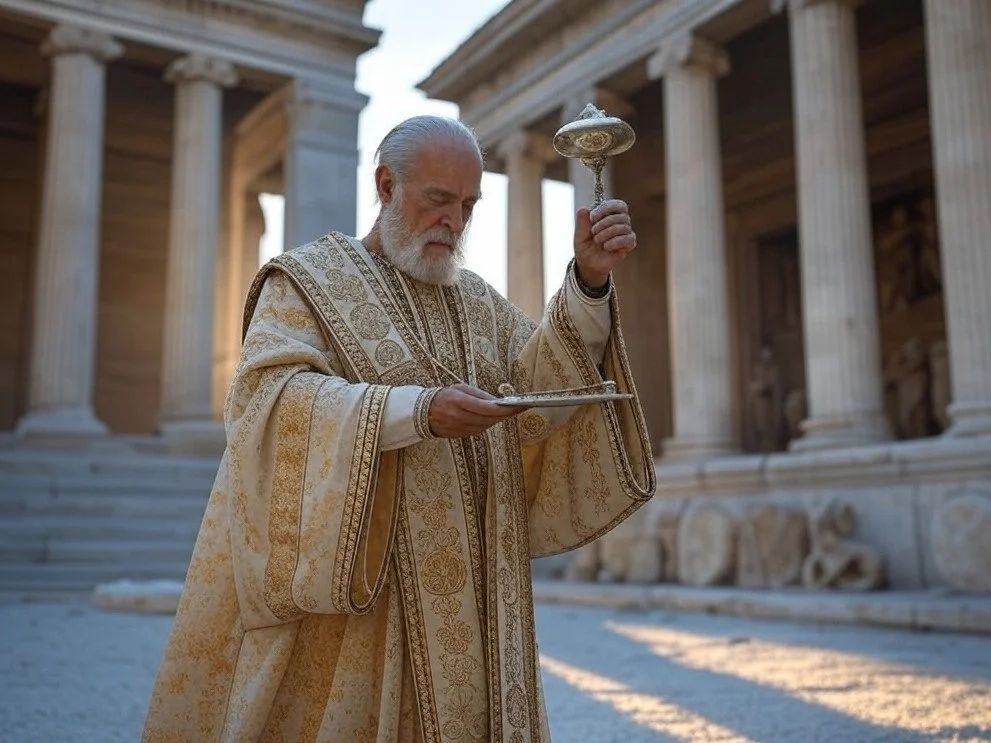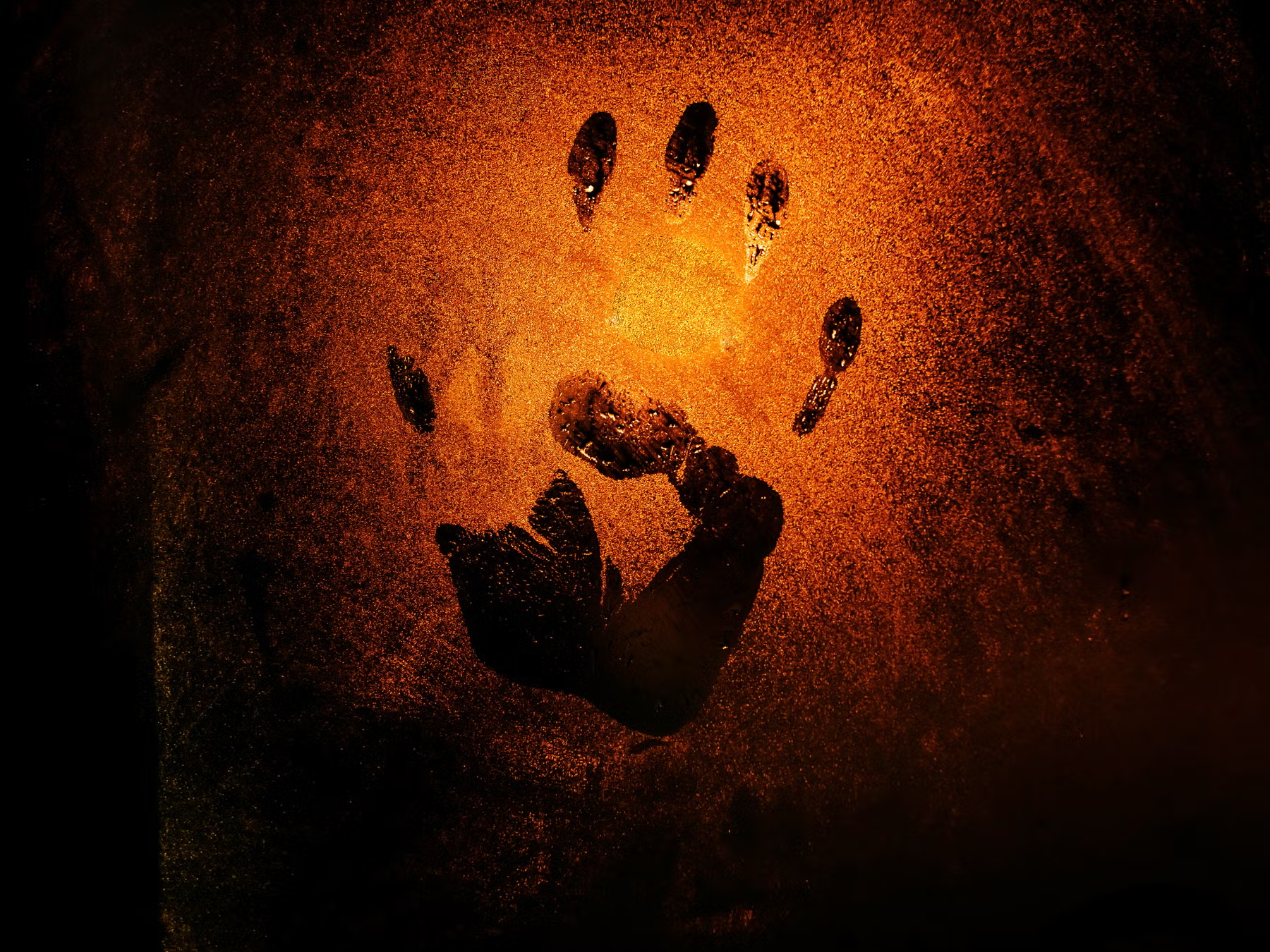Priests and oracles played a vital role in shaping the spiritual, political, and social structures of ancient civilizations. In societies such as Greece, Egypt, and Mesopotamia, these religious figures were revered as intermediaries between humans and the divine, guiding rulers, influencing policy, and maintaining religious traditions. Archaeological discoveries provide valuable insights into their significance and the rituals they performed.
Priests in Ancient Egypt: Guardians of the Divine Order
In Egypt, priests held immense power, overseeing temple activities, conducting sacred rites, and preserving the religious doctrines of the gods. They were responsible for daily rituals in temples, including offerings, purification ceremonies, and the recitation of hymns. Many high-ranking priests also acted as advisors to pharaohs, reinforcing the divine authority of the ruler. Archaeological finds such as temple inscriptions, burial sites, and ritual artifacts highlight their influence within Egyptian society.
Oracles in Ancient Greece: Voices of the Gods
Oracles in Greece, particularly at Delphi, played a crucial role in guiding state decisions and personal affairs. The Pythia, the high priestess of Apollo at Delphi, delivered cryptic messages believed to be divinely inspired. City-states and individuals alike sought her counsel before engaging in wars or making significant political choices. Archaeological evidence, including temple ruins, inscriptions, and offerings left by pilgrims, attests to the deep reverence for oracular pronouncements.
Mesopotamian Priests: Interpreters of Omens
In Mesopotamia, priests were deeply involved in interpreting omens and celestial events. They conducted elaborate divination rituals using animal entrails, celestial observations, and dream interpretation to predict the future. Ziggurats, towering temple structures, served as religious and administrative centers where priests performed these sacred duties. Cuneiform tablets discovered in Mesopotamian cities provide records of these divinatory practices, highlighting their importance in governance and daily life.
The Lasting Influence of Priests and Oracles
Priests and oracles were central to maintaining religious traditions and shaping the policies of ancient civilizations. Their insights and predictions guided rulers, influenced wars, and reinforced social hierarchies. The archaeological remains of temples, inscriptions, and sacred objects continue to shed light on their enduring legacy.
Conclusion
The spiritual leaders of ancient societies were not only custodians of religious doctrine but also influential figures in political and social spheres. Their roles, preserved through archaeological discoveries, offer a deeper understanding of how ancient civilizations perceived and interacted with the divine.







